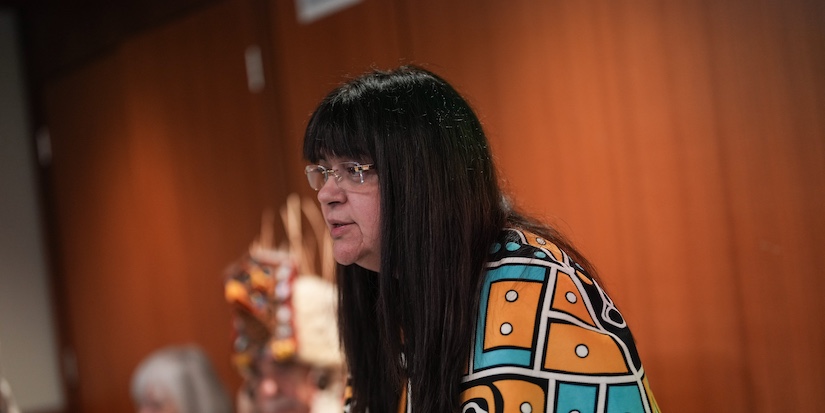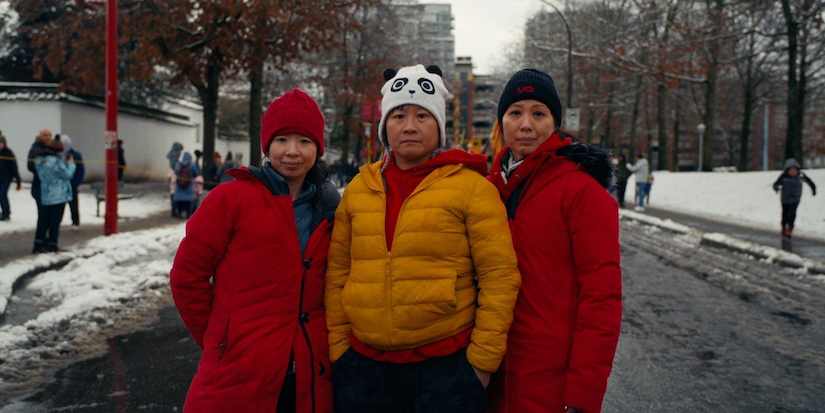Latest News
Homeschooling in Canada gaining momentum
Published 10:58 PDT, Tue August 18, 2020
Last Updated: 4:13 PDT, Wed August 19, 2020
—
Kristen Hogeterp is a 15-year-old homeschooled student. This is part one of a series of education stories.
—
The number of families deciding to homeschool in Canada is growing.
A 2017 study by the Fraser Institute in Vancouver discovered that enrollment rates are rising across the country not only for private schools, but also for home learners.
The National Home Education Research Institute says families who homeschool their children usually do so for one or more of a few reasons, including concerns about the environment of a school, tailored learning experiences, religious education, and custom programs for children with special needs.
Richmond’s Debbie Jiang decided to homeschool after her son Graham, who was in Grade 1 at the time, asked her to.
They have now been homeschooling for three years and enjoy the freedom and flexibility it gives them.
But what exactly is homeschooling?
Homeschooling is a blanket term used to describe all students that learn at home. These include distributed learners, registered home learners, and even unschoolers. Distributed learning students enroll with a school, usually an online school, and complete and submit their coursework to a teacher remotely. They receive support and resources from whichever school they enroll with, and pay no additional fees after initial tuition, which is somewhere around $200 per student per year. And home learning students complete all their work independently.
BC home learners must register with the provincial government through a school, but other than that are completely on their own. Those who decide to register with a teacher will receive up to $1,000 per child per year, but must submit portfolios and weekly reports to the teacher. If they choose to be completely independent, they may receive up to $150 per child per year, but do not have to report to anyone or follow a specific schedule. The school a home learner registers with gets $250 per student per year and is expected to supply the home learner with access to the resource library, extracurricular activities, and other similar benefits.
Then there are unschoolers. This radical branch of homeschooling is child-directed, as parents of unschoolers believe that children who learn what they wish to learn will be more interested in what they learn and retain more of the information. They believe that if children do not know something and they feel the need to, they will want to learn.
Whichever path of homeschooling families decide to take, there will be a lot of effort involved.
So what if parents feel like they are unqualified to teach their children? What if they do not think they can handle the workload?
"Every parent is qualified to homeschool. It's not about academics as much as it is character building and spending time knowing your child really well,” says Jiang.
Parents don't need to have all the academic answers in order to homeschool. They just need to direct their children to know where to look for them.
Children can look up the information on their own, thus gaining not only the information but research experience in the process. And the bonus of this is that the student is not only learning, they are also learning how to learn. This prepares them in the future for situations when they will need to learn on their own.
Another way homeschool families can share information and learn together is through a co-op, which is similar to a group class. Children get together in a central location, such as a church or community centre, to learn, teach, and form friendships at these co-ops, also known sometimes as community classes.
Homeschool students may attend classes in co-ops anywhere from one hour to three days per week, depending on the program. The systems are flexible and allow for many different learning styles to be incorporated. Parents and older siblings may volunteer to lead and teach different classes based on their interests and areas of expertise, and the community learns together. This is a way to build community and teach social skills to the children because they must interact with others in many different age groups.
"We are a community and it feels like hanging out with family,” says Jiang. “There are only 30 of us, and the kids and parents alike enjoy being with each other.”
Co-ops are an integral part of many homeschoolers' lives, and it is perhaps in this area that they are feeling the pandemic the most. Many are turning to video conferences and online meetings.
"Many classes that our children attended were shut down and they can't even play with friends that are next door,” says one homeschooling father of two, who requested his name not be published. “But in terms of academic education, nothing has changed. "We're looking forward to seeing family and friends and doing more outdoor activities (after the pandemic).”
Although it is not always easy, both parents and children involved see homeschooling as a privilege and continue to be thankful for the new opportunities.






























